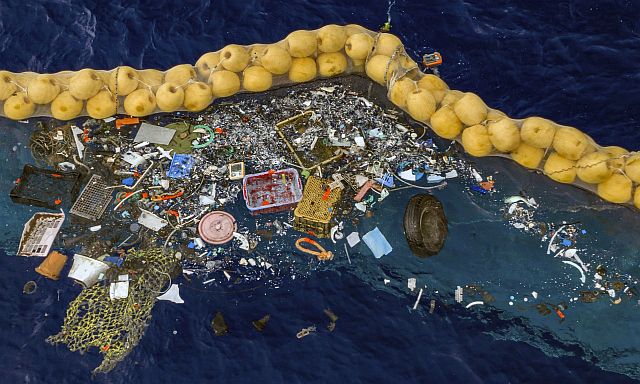Following close on the heels of World Environment Day last Friday is World Oceans Day 2020. Observed officially on 8th June every year since 2008―and unofficially by many countries since 1992―it’s an opportunity. One to remember our Citizen and Corporate Social Responsibility towards our Blue Planet.
It is a time for aquariums, fisheries and marine institutions, responsible businesses, governments, nonprofits and regular folks like you and me to collaborate for healthier oceans and sea creatures.
Theme of World Oceans Day 2020
Despite being bound by social distancing norms and lockdowns in various quarters, the United Nations is pulling out all stops for a virtual celebration. The hard-to-resist theme may have something to do with it! “Innovation for a sustainable Ocean” is the theme for World Oceans Day 2020, and it couldn’t have been more timely. New ideas and technology will prove to be our only hope, going by the rate at which Life Below Water (SDG 14) is being challenged.
What makes this theme more relevant is that the phase between year 2021 to 2030 is deemed the UN Decade of Ocean Science for Sustainable Development. Oceanic research, innovation and international collaborations between the government and private sector will form the crux.
Indian winner at international celebrations
Interestingly, a ‘Made in India’ innovation won the United Nations’ recent Reboot the Oceans Challenge. The contest recognised technology to revive the health of the Oceans. Chennai-based startup AROBOT won for its innovation in ‘mapping oceans’.
AROBOT developed a low-cost IoT (the Internet of things) framework so that students and researchers globally can know more about ocean mapping. AROBOT will be featured in today’s global virtual celebration put together by the UN and Oceanic Global. The event will put the spotlight on other such innovations, with photography, film screenings and musical performances by celebrity artistes like Ellie Goulding thrown in.
Top innovations for oceans
The range of newly available technologies is vast, covering such areas as container terminal automation, artificial intelligence (AI), electric stevedoring devices, container and vehicle tracking devices, e-navigation and IoT. Some experts believe that maximum deployment of these technologies could make it possible to reach almost complete decarbonisation of maritime shipping by 2035.
Nevertheless, these opportunities can only be harvested through a systematic and evidence-based approach. In this context, the COVID-19 pandemic is providing a great momentum to digitisation of port services, prompting ports to pilot innovated protocols and “contactless” solutions to deal with the outbreak. These best practices should be identified, assessed and used as a basis for rapid responses in similar future disruptions.
Boyan Slat and his giant ocean cleaner
Plastics have been found in very far-reaching corners of the planet. The Deep-Sea Debris Database, which records data from more than 5,000 submersible dives at more than 4,000 meters deep, showed 3,425 items of man-made debris; 89% of it was single-use plastic products.
One of the most visible consequences of this manmade crisis is the ‘Great Pacific Garbage Patch’, an area that is three times the size of France, blighted with estimated accumulated debris of 705,000 tonnes of non-biodegradable plastic that is choking fish, whales and sharks to death.
We salute young Dutch inventor Boyan Slat on World Oceans Day 2020. His floating device could be the solution to this garbage abomination. His free-floating boom concentrates plastic in one place so it can be removed in sweeps. The system comprises a giant floater on the water’s surface with an attached “skirt” which traps garbage (ranging from discarded fishing nets to tiny microplastics) without harming marine animals. A cork line and keeps the skirt (screen) afloat.


